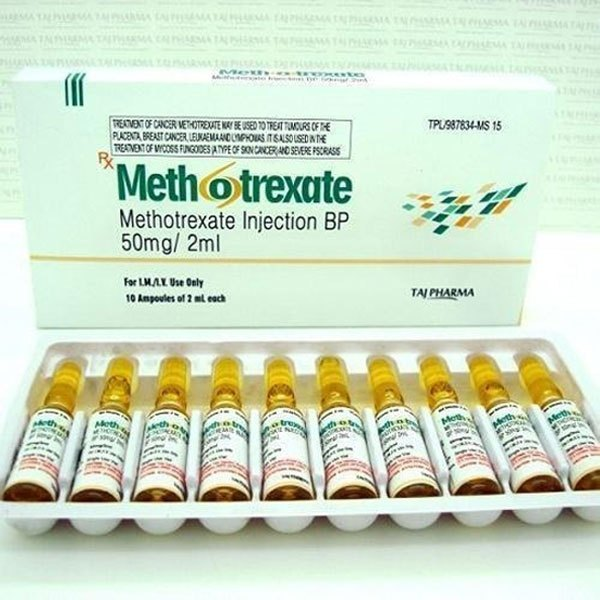Methotrexate is a medication that is commonly used to treat various forms of cancer, autoimmune diseases, and certain types of ectopic pregnancies.
Methotrexate is a medication that is commonly used to treat various medical conditions, including cancer, rheumatoid arthritis, and psoriasis. However, it is important to be aware of the potential risks and considerations when it comes to methotrexate use during pregnancy.

Methotrexate and Pregnancy: What You Need to Know
Methotrexate is a medication commonly used to treat certain types of cancer, rheumatoid arthritis, and other autoimmune conditions. However, if you are pregnant or planning to become pregnant, it is important to understand the potential risks associated with methotrexate use during pregnancy.
Here are some key points to consider:
- Methotrexate is classified as a category X drug by the Food and Drug Administration (FDA), which methotrexate.me means it has been shown to cause fetal abnormalities and should be avoided during pregnancy.
- It is crucial for women of childbearing age to use effective contraception while taking methotrexate and to continue using it for at least three months after stopping the medication. This is necessary to ensure that the drug is completely cleared from the body before attempting to conceive.
- If you accidentally become pregnant while taking methotrexate, it is essential to inform your healthcare provider immediately. Your doctor may recommend discontinuing the medication and closely monitoring your pregnancy for any potential complications.
- Methotrexate can cause severe birth defects, miscarriage, and even fetal death. It is therefore highly advised to avoid becoming pregnant while taking this medication.
- If you have a planned pregnancy, it is recommended to discuss alternative treatment options with your doctor before conceiving. In some cases, your healthcare provider may advise switching to a different medication that is considered safer during pregnancy.
Overall, it is crucial to prioritize your health and the health of your unborn baby. If you are taking methotrexate or planning to take it, make sure to have an open and honest conversation with your healthcare provider regarding its potential risks and alternative treatment options.
